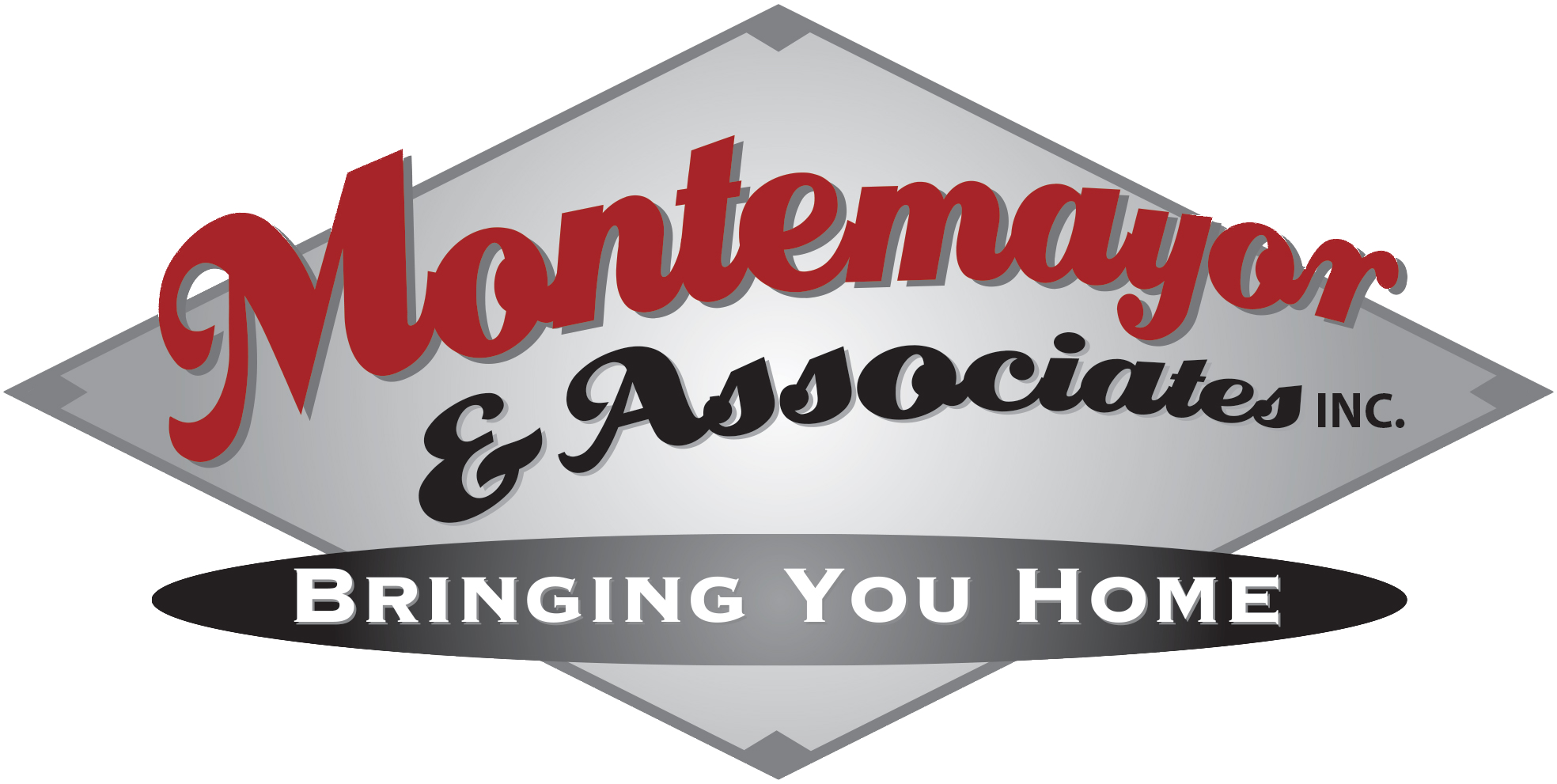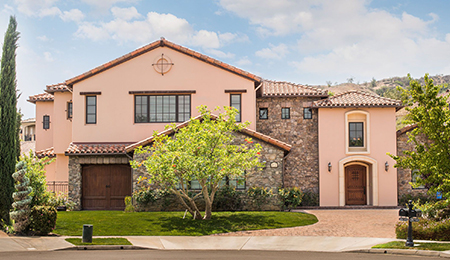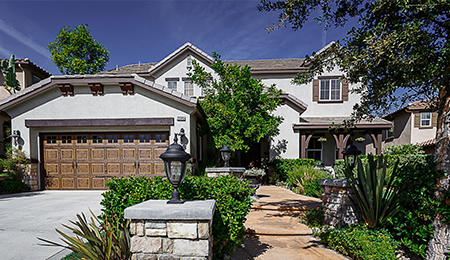Many people think that they’ll only need to put 10% to 20% down to purchase a home, but that’s not always right. Today I’ll walk you through the different categories of costs that you should anticipate during the home-buying process.
1. Earnest money deposit. Within 72 hours of your offer on a home being accepted, you need to send in your earnest money deposit (EMD). This is like a good-faith deposit that shows the seller you’re serious about buying. The money is kept in escrow. If, for whatever reason, you decide to back out of the transaction, you won’t get your EMD back. In my 20 years of experience, we’ve only had one client lose their EMD, but they canceled on the last day for personal reasons. The EMD should range anywhere between 1% and 3% of the total purchase price.
2. Appraisal and inspection fees. The average appraisal costs around $500, depending on what type of home it is. The average home inspection costs around the same and depends on how big the home is.
3. Down payment. Contrary to popular belief, down payments don’t have to be 20%. If you’re a veteran who qualifies for a VA loan, you can even buy a home with 0% down!
4. Closing costs. These costs include lender fees, escrow fees, title fees, transfer fees, and several others. On average, total closing costs are around 2% of the purchase price if you’re using a loan. They’ll be much less if you’re using cash to buy.
Be sure to consider all of these costs before you begin the home-buying process. Remember that your Realtor can negotiate on your behalf if you’re a little short on cash; we have a few creative options to make sure you get to the finish line with the right amount of money.
If you have questions about these costs or anything else to do with real estate, don’t hesitate to reach out to us. Hope to hear from you soon!



